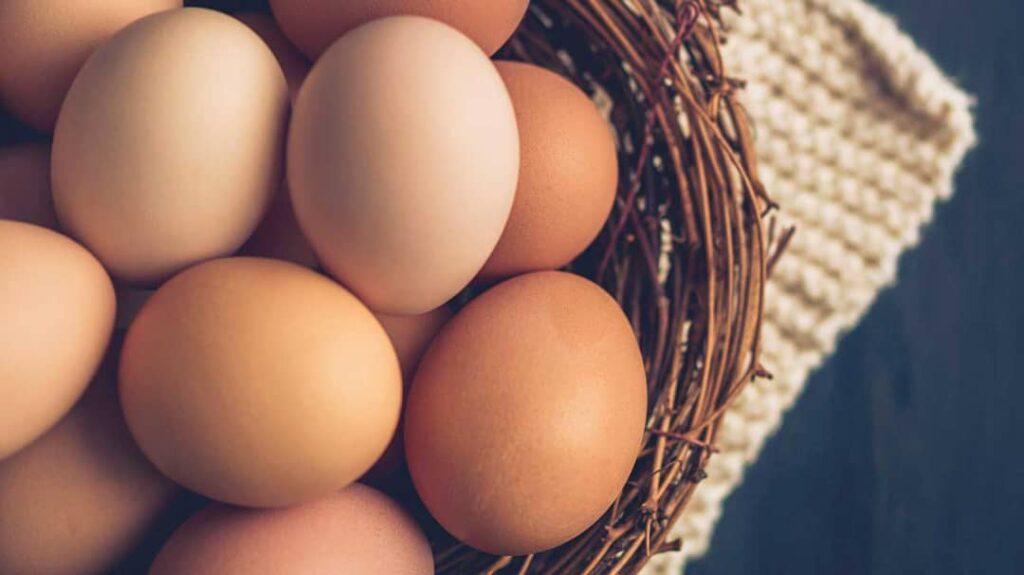World Egg Day, celebrated annually on the second Friday of October, is a global event that underscores the remarkable nutritional value, versatility, and cultural importance of eggs across the world.

This year’s celebration emphasizes how this humble but powerful food connects people from all corners of the globe through shared meals and traditions.
Eggs have long transcended cultural and geographical boundaries — from the delicate French quiche to the hearty American breakfast — reflecting their central role in countless culinary traditions. Their universal appeal is a testament to their versatility and the joy they bring to our tables.
In many societies, eggs are deeply symbolic — representing new beginnings, fertility, and life. During Easter, they are decorated and exchanged as symbols of resurrection, while in various Asian cultures, eggs feature in festive dishes believed to bring good fortune and prosperity.
Alaafin Advocates “An Egg a Day” for Better Health
Flagging off this year’s World Egg Day in Oyo State, the Alaafin of Oyo, His Imperial Majesty, Oba Engineer Abimbola Akeem Owoade I, urged Nigerians to eat at least one egg daily to combat diseases such as hypertension and arthritis.

According to the monarch, egg consumption promotes growth, boosts immunity, and supports healthy living.
“Eggs are naturally nutrient-dense foods. A large egg contains about 13 essential minerals and vitamins — including choline, zinc, and iron — all vital for body building, growth, and good health,” the Alaafin said.
“Even those managing hypertension or arthritis can benefit from regular egg consumption. It’s important for everyone to eat healthily.”
Eggs: Nutrition, Sustainability, and Culture
Oba Owoade highlighted that eggs are among the most sustainable sources of animal protein, requiring fewer resources and producing lower greenhouse gas emissions compared to other protein sources.
“By choosing eggs, we are contributing to a healthier planet and fostering unity in our collective fight against climate change,” he noted.
He further emphasized their cultural relevance:
“Eggs hold a special place in our traditions — symbolizing life, fertility, and new beginnings. Exploring egg-based dishes from diverse cultures helps us appreciate our shared humanity and global culinary heritage.”
Commendation for Tinubu and Call for Local Support
The Alaafin commended President Bola Ahmed Tinubu, whom he described as a “conscientious leader,” for supporting poultry farmers through various federal initiatives — including feed improvement programs, the National Egg Production Scheme, and international collaborations such as the International Poultry Production Expo.
He also called for greater support for local egg producers to enhance food security and community well-being.
“By buying locally produced eggs, we support our farmers and strengthen our communities. Nothing unites families like a home-cooked meal — and eggs often play the starring role,” Oba Owoade said.
Poultry Association Lauds Alaafin and Tinubu
Earlier, the State Chairman of the Poultry Association of Nigeria (PAN), Mr. Omidokun Oyekunle Oyekunle, explained that this year’s World Egg Day celebration was hosted in Oyo town to honour the Paramount Rulership of the Alaafin.
He also commended President Tinubu’s administration for the continuous support extended to poultry farmers, urging Nigerians to make egg consumption a daily habit.
“Eggs contain all essential nutrients except Vitamin C. They strengthen the immune system and improve overall body function,” he said.
Nigeria’s Egg Industry: A Vital Sector
Nigeria currently produces about 10 billion eggs annually, making it one of the largest egg producers in Africa. The sector employs over 25 percent of the nation’s farming workforce, while eggs remain the most affordable source of high-quality protein for millions of households.
Nutrition experts warn that protein deficiency can worsen vulnerability to diseases like HIV/AIDS and tuberculosis — a challenge egg consumption can help mitigate.

